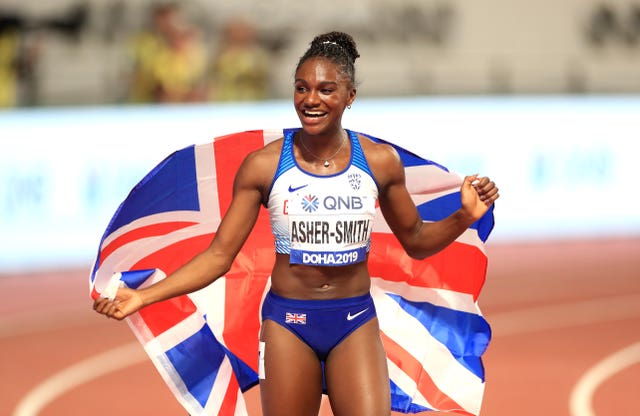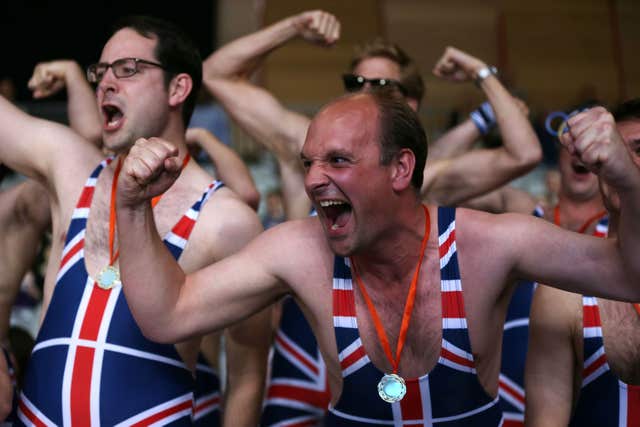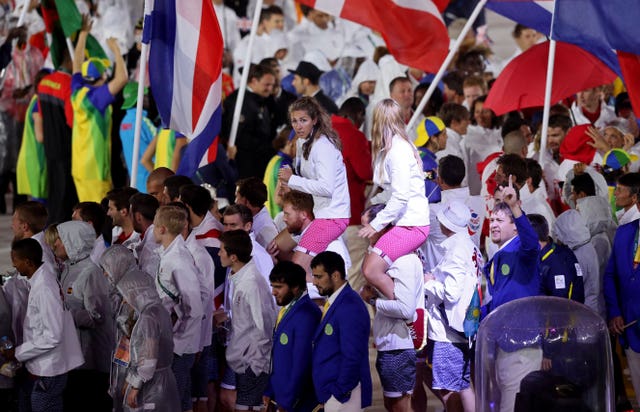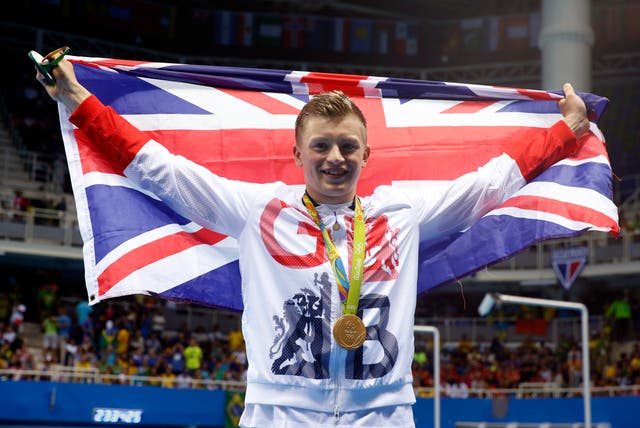Athletes and officials face the prospect of very different Tokyo Olympics and Paralympics after the first 'Playbook' for the delayed Games was released on Wednesday.
Here, the PA news agency takes a look at the key points from the publication, and how they might affect those who are still expected to converge on the Japanese capital on July.
What is the 'Playbook'?

Routine manuals – effectively the rules to which its various stakeholder groups are expected to adhere – are issued prior to every Games. But the Playbooks are new for Tokyo, and take on particular significance given the continuing speculation over how exactly the Games will function in the context of the continued coronavirus crisis. Wednesday's Playbook was the first of a series relating to Tokyo each targeting a specific stakeholder group. Although this one was directed primarily towards international federation officials, it was made clear by the IOC and IPC that it also comprises an introductory 'framework' upon which subsequent, specific issues will expand.
What does it say?

Perhaps the most pertinent indication that the Tokyo Games will be like none that have gone before is the suggestion that singing and chanting will be discouraged in venues. Officials (and thus, we can fairly safely extrapolate, athletes) will require proof of a recent negative coronavirus test prior to arrival to Japan, and will be tested again upon arrival, but vaccinations will not be mandatory. It is unclear whether there will be a form of quarantine, with the Playbook only referencing 'enhanced measures' during a visitor's first 14 days. At a press conference, Games officials indicated separately that athletes will be subjected to testing at a "minimum" of every four days during the Games.
What can the athletes do?

Apart from the standard rules relating to reduced physical contact and additional hygiene measures, the short answer is: we don't know yet. The Playbook which is specifically aimed at athletes and team officials will be released at a later date. This will detail the strict control measures in place at the Olympic village, and entail how athletes are expected to keep their stays to a minimum, how to travel between Games venues, what exactly the restrictions are with regard to socialising outside the Olympic village, and how and when they will be screened for the virus.
What if things change?

Games officials have made clear the series of Playbooks are intended to evolve in respect of the changing conditions in Tokyo. They have already indicated their intention to issue revised versions as early as April, so it is conceivable that the central tenets outlined in the first batch – such as the ban on singing and chanting – could be rendered redundant. But some of the more concrete stipulations relating to arrival and departure will need to stand in order to synchronise with the revised travel arrangements of tens of thousands of visitors.








